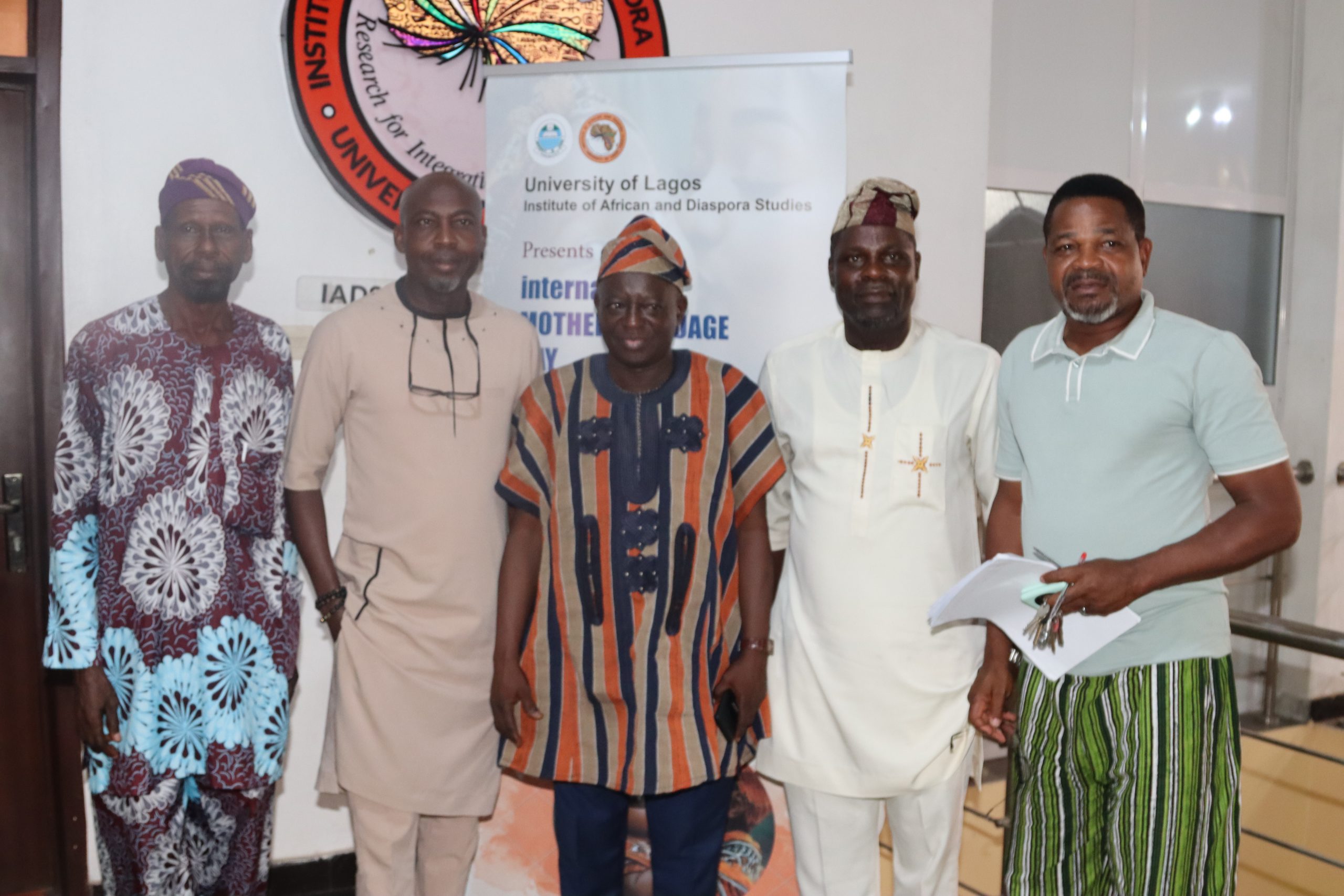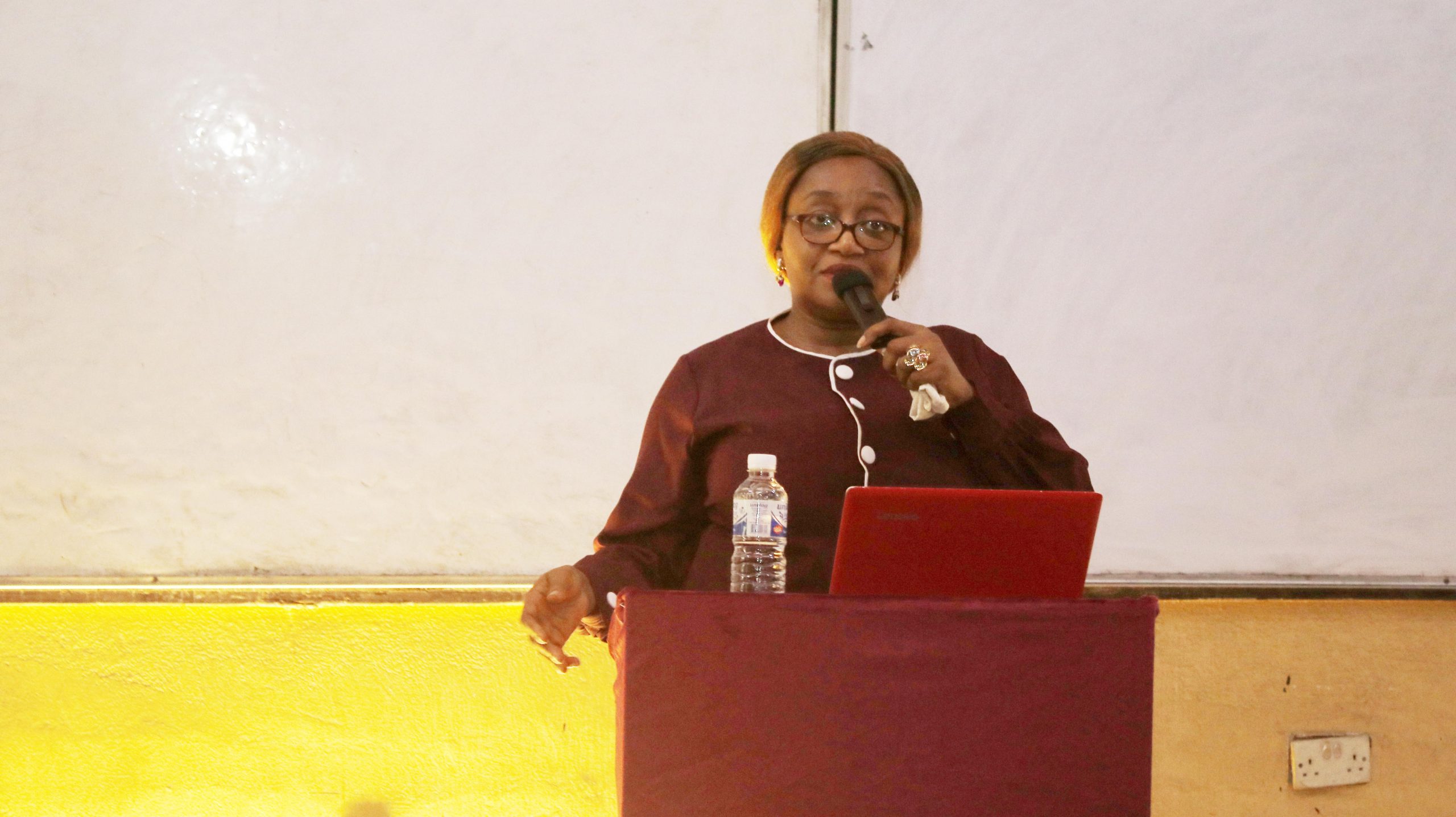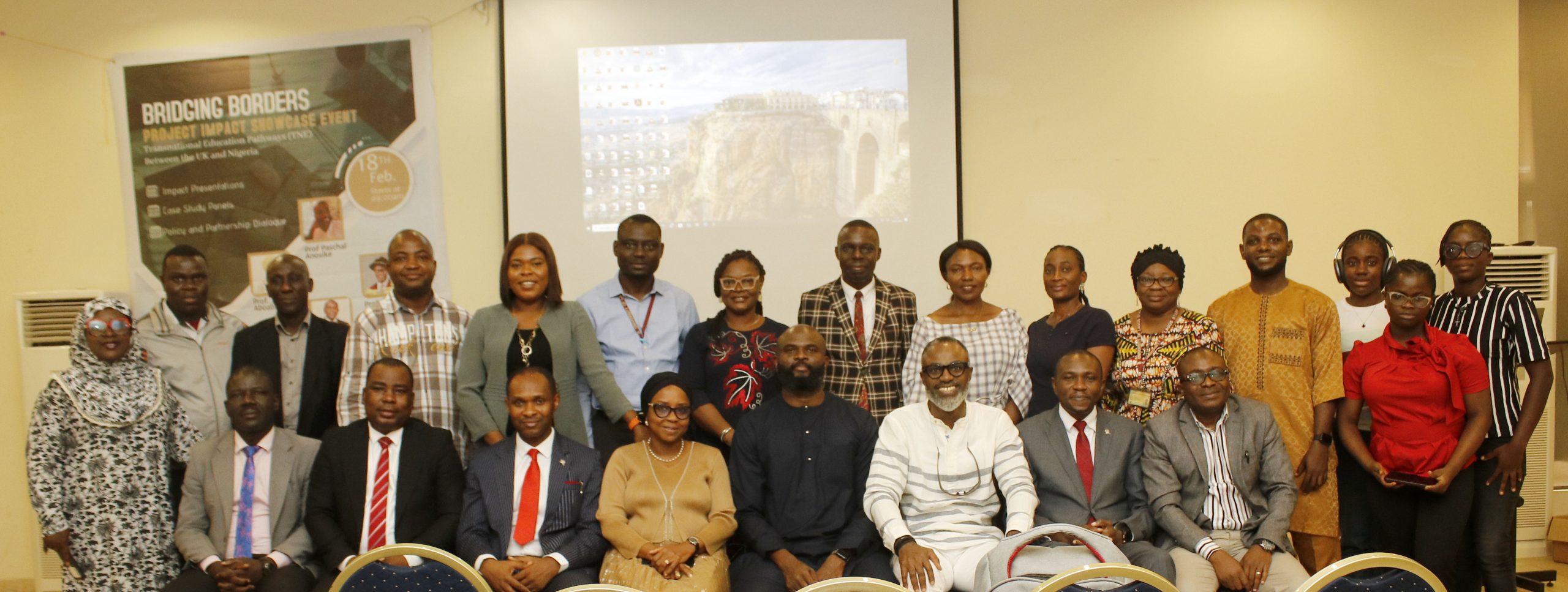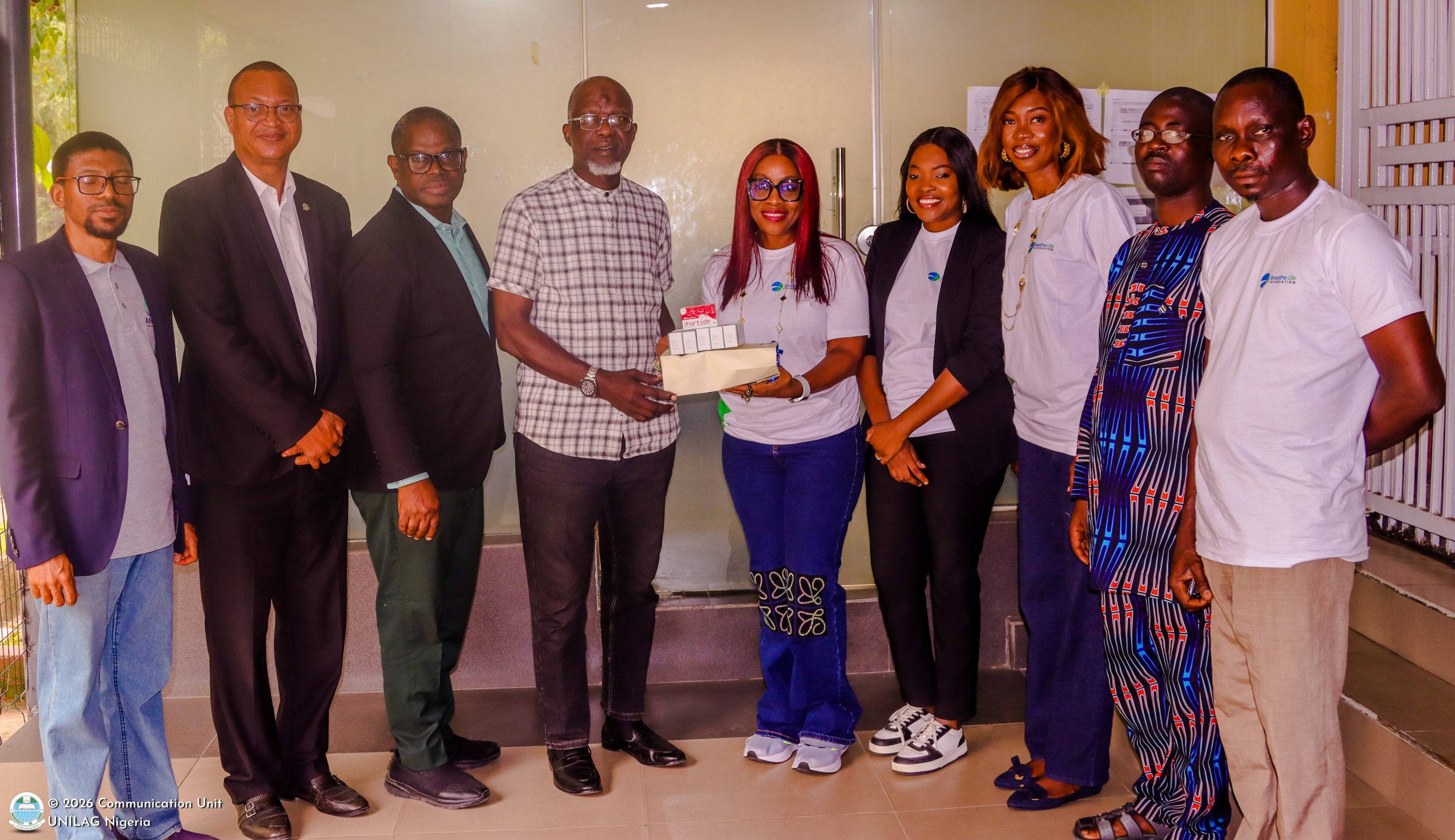As part of measures to strengthen and support the Nigerian Innovation Programme, a combined team of assessors from the African Development Bank (AfDB) and the Bank of Industries (BOI) were on a working visit to the Entrepreneurship and Skill Development Centre of the University of Lagos.
The Deputy Vice Chancellor, Development Services, Prof. Ayodele Atsenuwa, who received the team spoke about the workings of the Entrepreneurship and Skills Acquisition Centre (ESDC). The notable achievements of the Institution in its entrepreneurship advocacy were mentioned. She, noted that for the university to achieve more, students will need more interventions to be able to set up profitable businesses along their chosen professions before graduation.
In his presentation, the acting. Director of the ESDC, Dr. Sunday Adebisi, unequivocally said the centre was dedicated to resolving the youth unemployment narrative by supporting to understand how to setup innovative enterprise and create Campus start-ups for self-reliance and decent job creation. He said the facilities on ground is a testament to the University’s prowess as a torchbearer in the business of Entrepreneurship and Skill acquisition. Dr. Adebisi spoke on the many programmes that have been organised to re-design disciplines, innovate students and remodel our university towards development. Some of the programmes mentioned includes: Studentpreneurship program, Embedded Entrepreneurship experience, Trans-national Entrepreneurship program, YOBIC, Job Fair program and the BITE program. Other areas of needs were also touched during his presentation.
While answering questions, Dr. Adebisi noted that Africa, being one of the fastest-growing economies with a young and quickly growing population like Nigeria’s need to be encouraged to acquire skills required to develop new ventures and start-ups,such as innovative thinking, business creativity, business planning, proposal writing, risk taking abilities, and business management skills. He decried the consistent trend of young graduates leaving or failing to return home at the end of their studies describing it as an increasing threat to the continent’s social, economic, environmental and technological progress.
However, he revealed that the University through its programmes convinced the student population on the need to embrace the new normal in order for them to be graduates and potential employers of labour rather than seekers of employment. The results so far have been gratifying he said.
Earlier, the team lead, Mrs. Rosemond Offei- Awuku presented a blue-print of how the intervention from African Development Bank (AfDB) with the University will work. She stressed that their stakeholders are from two critical areas (technology and the creative eco-system) and will form the basis of their support. The Chief Development Economist of the African Development Bank noted that ‘Nigeria’s youthful talent pool in the tech and creativity ecosystem is to spur innovation, employment, inclusive economic growth and poverty reduction’.
The team thereafter went on a facility tour of key offices where innovation are domiciled, ICT and other creative hubs relevant to the concept of entrepreneurship within the institution. The visit is a joint initiative between the African Development Bank (AfDB) and the Bank of Industry (BOI) to support the Nigerian Innovative Program in the University of Lagos.



















